Who will speak up for men?
Who is fighting the corner for everyday blokes?
Who is standing up for the 50 per cent of the population who, in recent times, have watched on silently and in disbelief as we’ve been labelled with everything from toxic masculinity, a danger to women, and a bullying patriarchy.
Women’s groups have numerous organisations fighting their corner and advancing their cause.
And every other group, from LGBT to various religious denominations, take up the cudgels whenever their rights are threatened.
But half the population is without representation and hunkering down as it’s assailed from all sides.
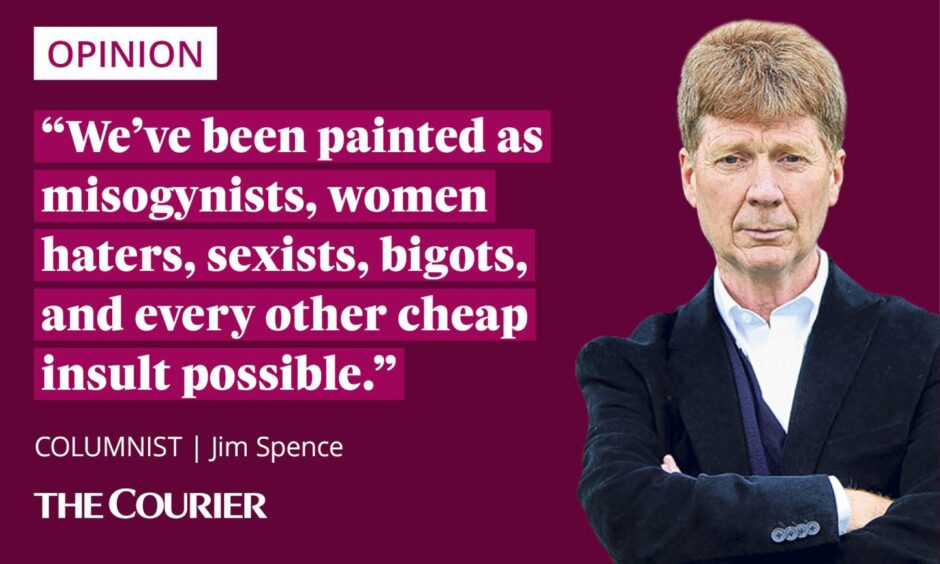
The threatened withdrawal of funding for Scottish Men’s Sheds sums up perfectly the situation today’s man finds himself in.
The Scottish Men’s Sheds Association (SMSA) faced being abandoned by the Scottish Government over the miserly sum of £75,000.
SMSA was created in 2014 as a national hub to help men’s health and wellbeing and to try to reduce social isolation and loneliness.
Their funding from the Scottish Government has been reduced over the years and was recently stopped.
But on Tuesday afternoon, social justice secretary Shirley-Anne Somerville U-turned, saying the Scottish Men’s Shed Association (SMSA) will be given funding for the next financial year.
With over 200 Men’s Sheds groups across Scotland reaching and supporting over 10,000 men, the proposed funding cut sent a clear message to men: you don’t count.
If we did matter why, given the rise in suicide amongst Scottish men – with 75% of those who died by suicide in Scotland last year being male, would Holyrood withdraw such a meagre sum which might make the difference between a life saved and a life lost?
Men’s Sheds have made ‘real difference’
The SMSA has pledged “to continue making a real difference by empowering thousands of men (our sons, brothers, fathers, uncles and grandfathers) and their communities – over the coming years – to play their part in a system change towards a wellbeing economy”.
But given the Scottish Government appeared to have given up even paying lip service to men, they faced having to do it with help from other sources.
The sisterhood has been much more voluble and vociferous in fighting their corner than we men have been.
We’ve allowed ourselves in recent times to be portrayed in far too many negative ways.
We’ve sat back silently as we’ve been denigrated as dangerous lumpen brutes and we’ve taken it with barely a murmur.
We’ve been painted as misogynists, women haters, sexists, bigots, and every other cheap insult possible.
We’ve been told by some groups that we’ve no right to comment on issues which only affect women, yet criticised when we fail to stick our heads above the parapet to give them support.
Modern man ‘torn in many directions’
Women rightly demand safe spaces from those men who might do them harm, and yet as we’ve seen recently with the establishment Garrick club relenting to pressure and opening up to female members, male only spaces aren’t acceptable.
Now in fairness that example is less a case of feminism in action than posh elite women wishing to lord it over their working class hoi polloi sisters, whom they regard as an inferior species, but the hypocrisy still stinks to high heaven.
Modern man is being torn in many directions.
Fearful of what his place is in the world, wanting to be fair yet watching as unfairness and conscious bias is increasingly practiced towards him in employment and other areas of life.
The Me Too movement also did enormous harm as the naïve and those with personal agendas rushed to accept all allegations, whether backed by evidence or not, of alleged male wrongdoing.
Maybe modern man needs the safe space of Men’s Sheds more than ever.
Club chaplains are invaluable to athletes
I had an interesting blether after mass on Sunday with former BBC colleague Elizabeth Quigley who wrote recently about the work of football club pastors.
Men’s mental health is a growing issue of concern and it’s one of the areas that club pastors are invaluable in.
Liz interviewed David Barrie, the St Johnstone club chaplain.
The Rev’s day job is pastor of Pitlochry Baptist church but he’s part of a growing trend in sport with as Liz pointed out chaplains in shinty, rugby, golf, basketball, and cycling.
Liz interviewed Mark Fleming, the national director for sports chaplaincy in Scotland who said “It’s not primarily a religious role.
“It’s more around giving pastoral support, especially in the areas of mental, emotional and spiritual well-being.”
Sports stars may sound like they have it all but there are great pressures on them from performance pressure, to injury problems, to handling life as their careers inevitably draw to a close.
Club chaplains can be invaluable and confidential sources of help to athletes who face high public and private expectations and who often have no other source to draw on to help with those issues.
Whether it’s a Man’s Shed or a club chaplain, a place where advice and support can be sought is always invaluable.
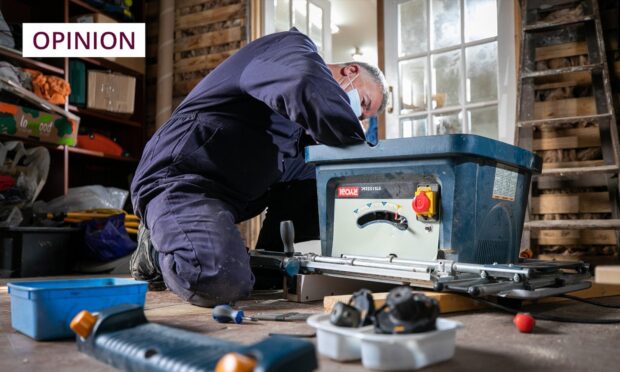
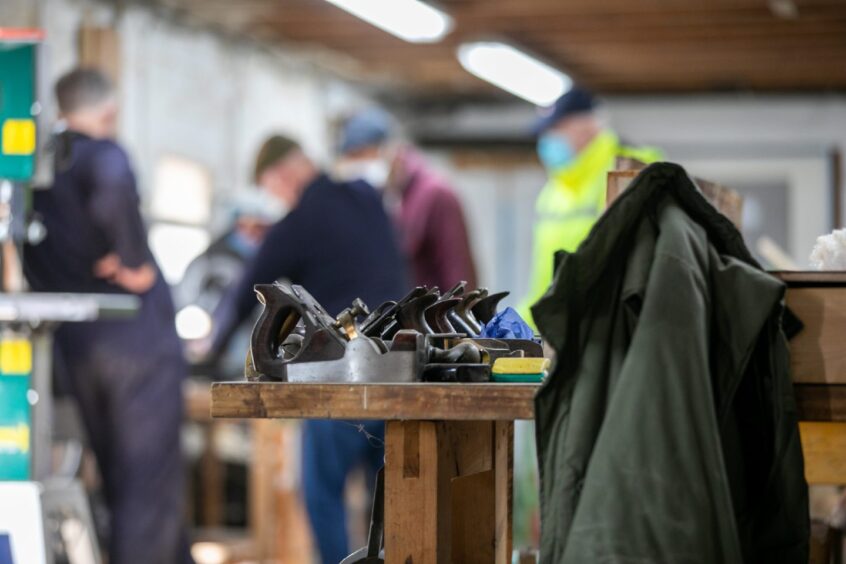
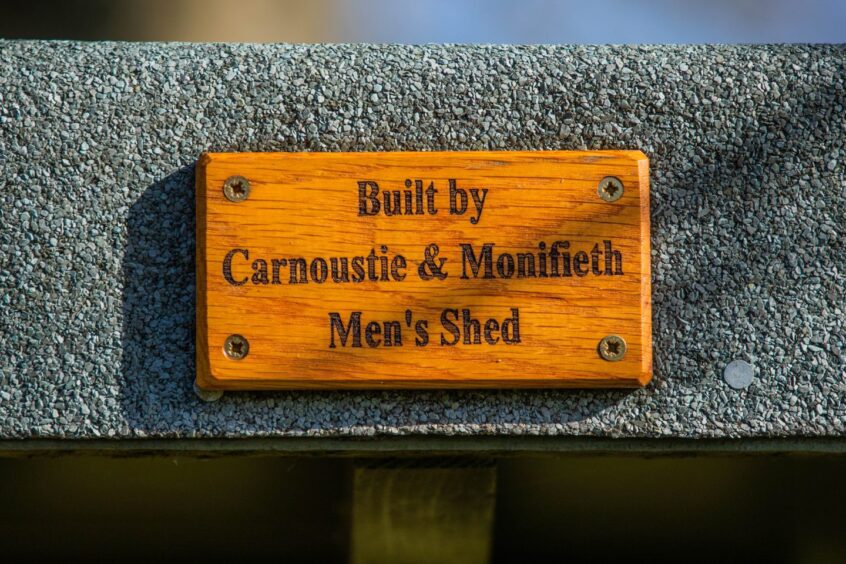
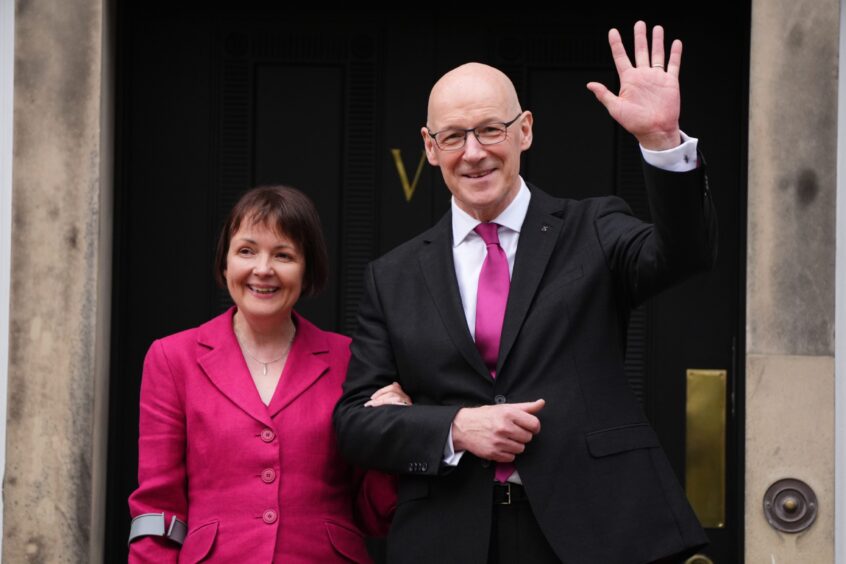




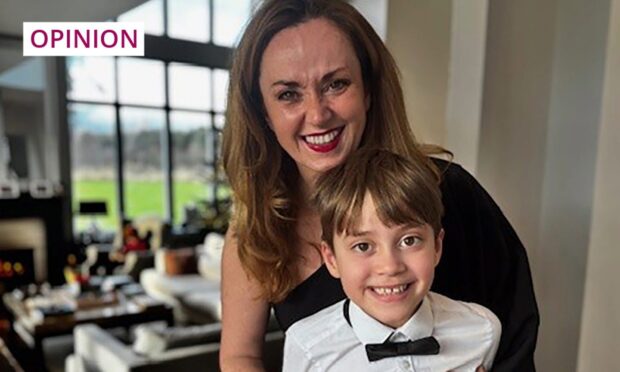





Conversation